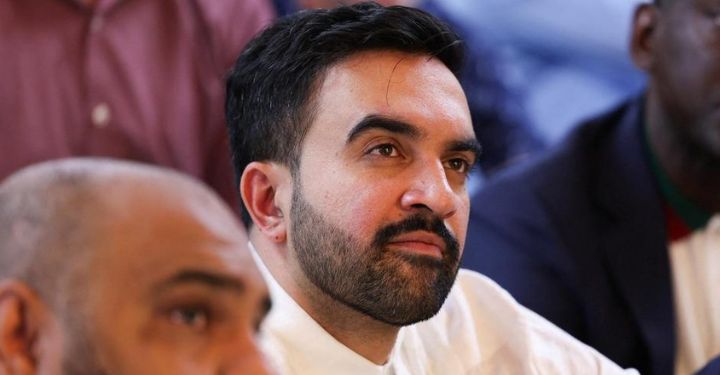When 34-year-old Zohran Mamdani emerged victorious in the mayoral race in New York City, his supporters hailed a historic win: the city’s first Muslim mayor, an embodiment of progressive politics in America’s largest urban centre. But thousands of miles away in Israel the response was markedly different — tinged with unease, introspection and a sense that something deeper might be changing.
The Israeli reaction
In Jerusalem, Tel Aviv and beyond the reaction was swift and uncompromising. “Very bad… For the Jews, for Israel, for everyone,” said one resident as the news broke. The wave of concern was not focused on the local economy, transit or housing—issues that dominated much of Mamdani’s campaign. Instead, it homed in on his views about Israel and how they gesture toward a broader shift in American politics.
What Mamdani’s victory signals
One of the most startling elements for Israeli watchers was the level of support Mamdani received from Jewish voters in New York — nearly 30 %. This was interpreted as evidence of emerging fissures in the once-solid pro-Israel posture within segments of the American Jewish electorate.
Mamdani’s campaign rhetoric emphasised justice, inclusion, housing rights and progressive values — but also made bold statements on Israel-Palestine: decrying Israel’s military operation in Gaza as “genocide,” pledging possibility of severing municipal ties to Israeli institutions, and stating he would not recognise states built on religious or racial hierarchy. While he reaffirms commitment to fighting antisemitism, the optics and content of his foreign-policy comments unsettled many Israelis.
Why this matters to Israel
For Israel, the stakes go beyond local U.S. municipal politics. Its security, diplomatic and cultural architecture has long presumed a U.S. friendly public, a strong pro-Israel Jewish community in America, and robust bilateral support. All three assumptions are under pressure.
Analysts in Israel suggest Mamdani’s win is a stark symbol of a generational change. Younger American Jews increasingly view Israel through a different lens — one that prioritises Palestinian rights, human equality and municipal justice over blanket deference to Israel. As one senior analyst put it: “There’s no longer this monopoly of pro-Israel politics in domestic U.S. politics.”
The result has also unsettled Israeli institutions concerned about local U.S. city policies. New York may be just one city, but it is home to the world’s largest Jewish delegation outside Israel and therefore seen as a bellwether.
U.S. Jewish community dynamics
Within the American Jewish community the result has triggered internal debates. Established organisations expressed alarm: The Anti‑Defamation League warned of a “grim milestone,” and the Conference of Presidents of Major American Jewish Organizations condemned Mamdani’s victory. At the same time, more progressive voices like J Street argued against fear-mongering and urged engagement.
In short: the lens through which many American Jews view Israel is expanding, even if traditional support remains substantial.
Risks and adapting for Israel
While Israel’s government continues to publicly reassure allies that the U.S.–Israel relationship is “stronger than ever,” privately many in Israel’s diplomatic, security and Jewish-diaspora liaison apparatus are accelerating planning for a world where the U.S. Jewish base is less uniformly supportive.
Some of the steps likely ahead:
- Re-engaging sub-national U.S. governments (cities and states) directly, rather than relying purely on federal pressure.
- Diversifying diplomatic and cultural outreach to younger American Jews and progressive American demographic groups.
- Preparing contingency frameworks if American local governments reduce institutional ties to Israel.
- Monitoring electoral trends in American cities for candidates critical of Israel who nevertheless win major races — Mamdani may not be the last.
Conclusion
From New York City’s campaign trail to Jerusalem’s reaction desks, the election of Zohran Mamdani is being treated not simply as a municipal surprise but as a geopolitical signpost. It raises perplexing questions: what happens when America’s Jewish electorate becomes more heterogeneous in its views of Israel? And how will Israel adapt when one of its most dependable networks of support appears less predictable?
For Israelis accustomed to relying on the U.S. Jewish-American alliance and American bipartisan consensus on Israel, Mamdani’s victory may feel like both a wake-up call and an inflection point. The path ahead may require recalibrated assumptions, fresh strategies and perhaps a more complex partnership with the United States and its Jewish community than ever before.




